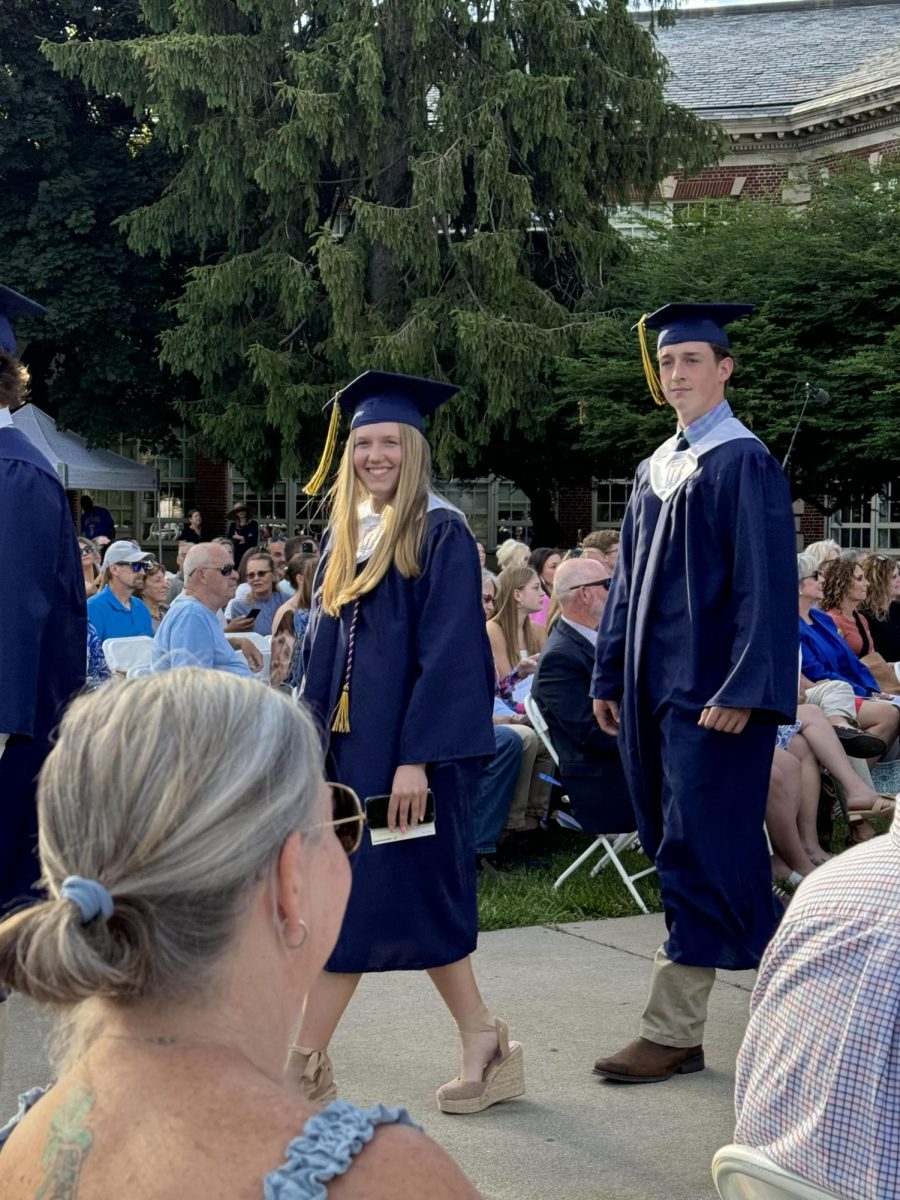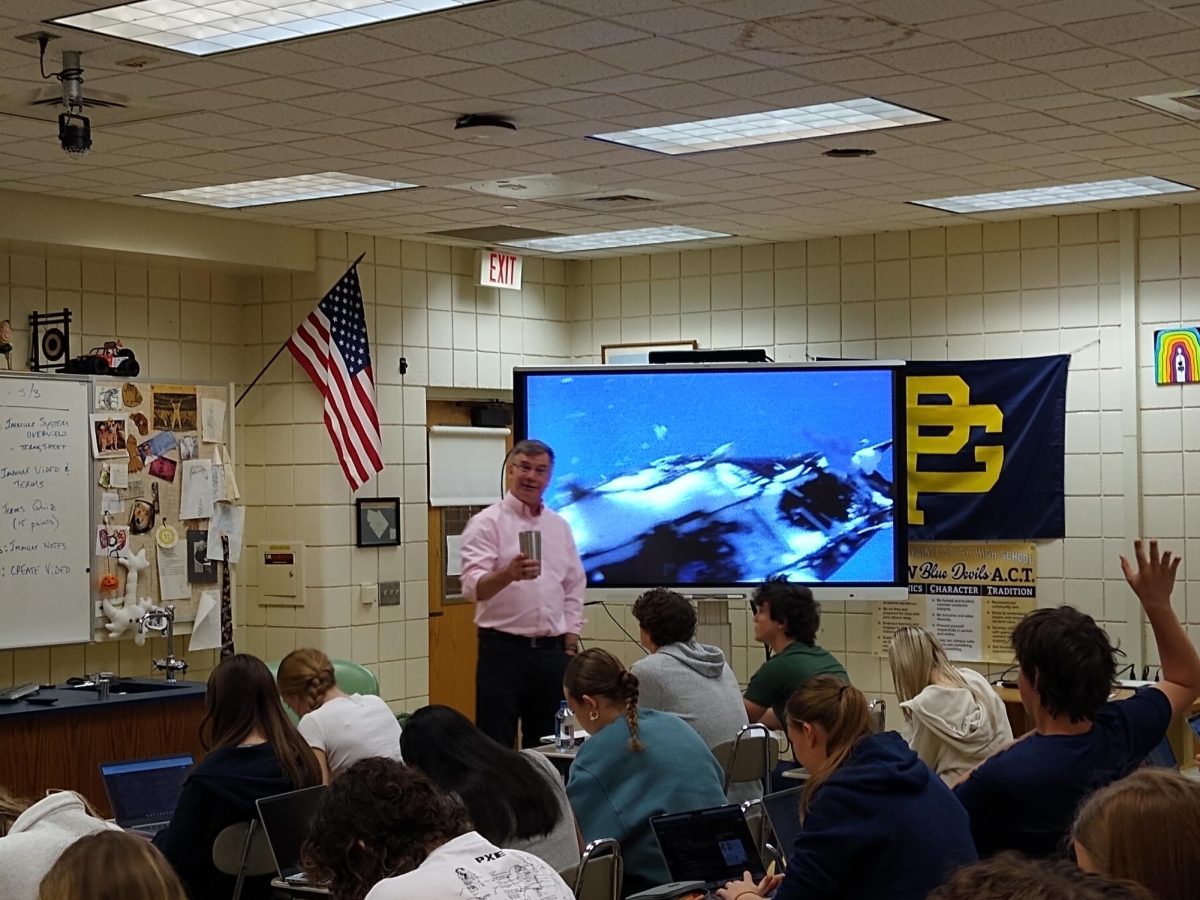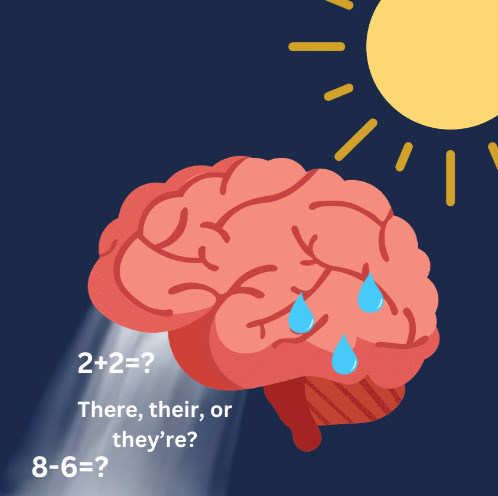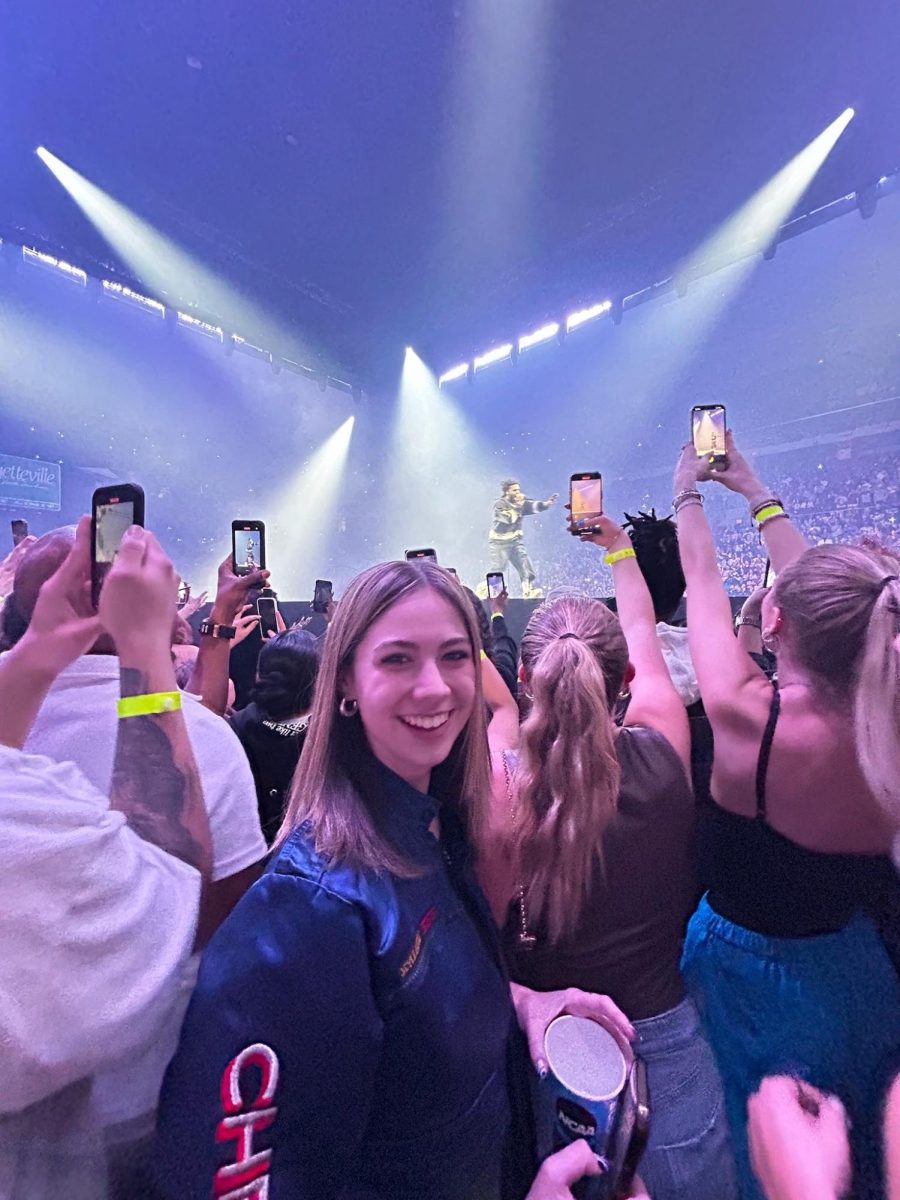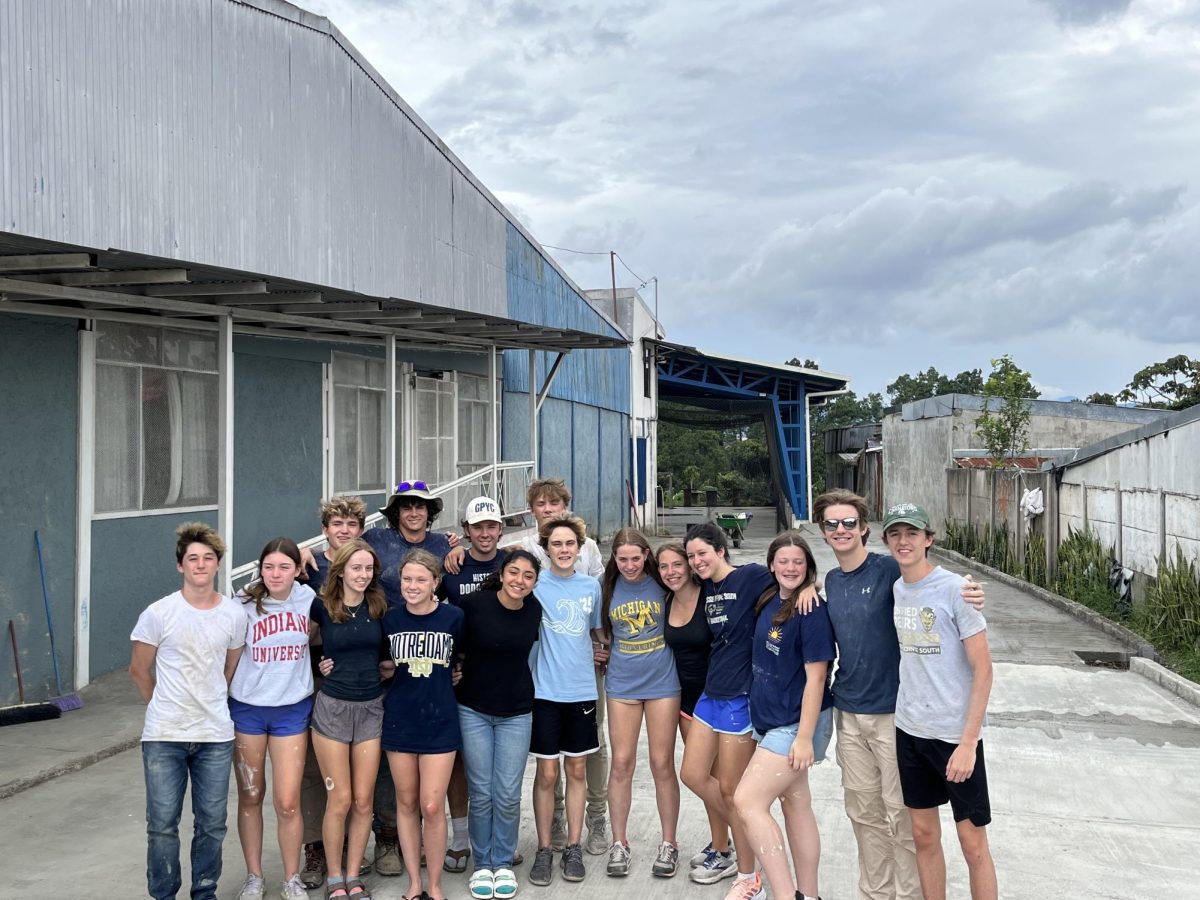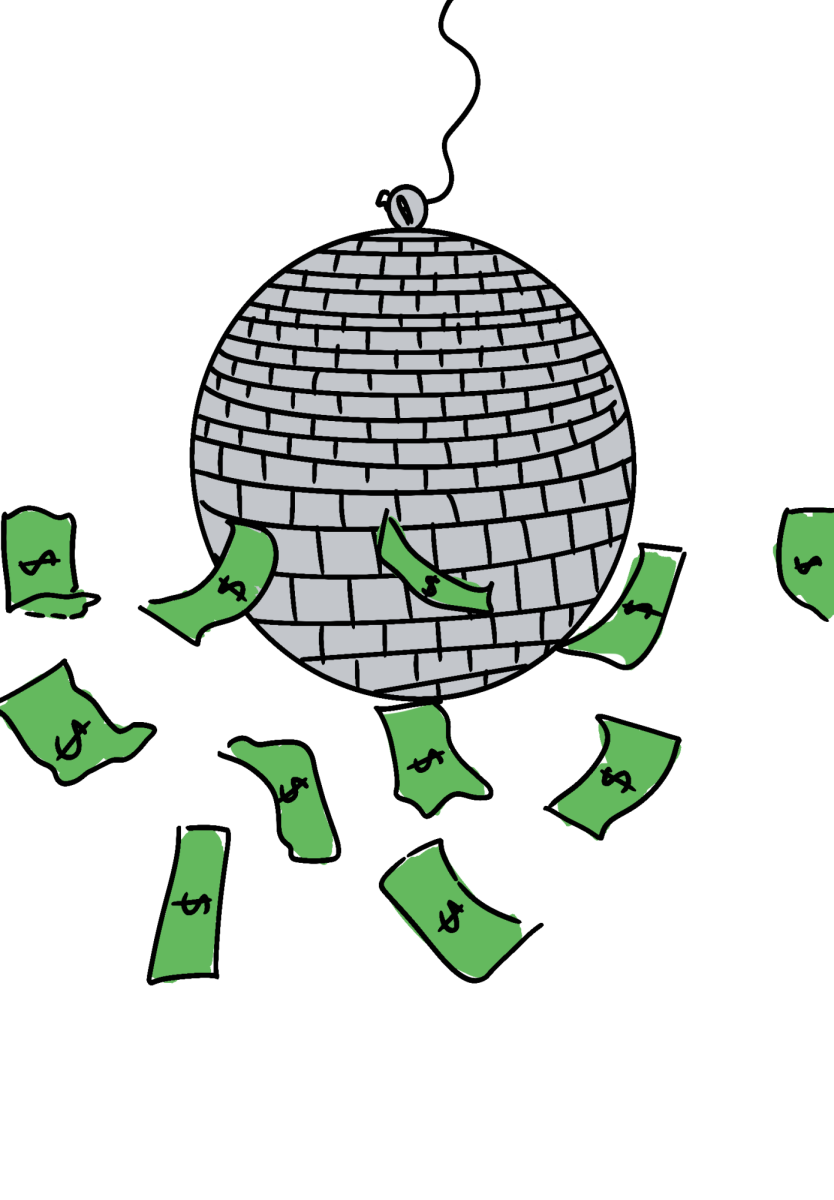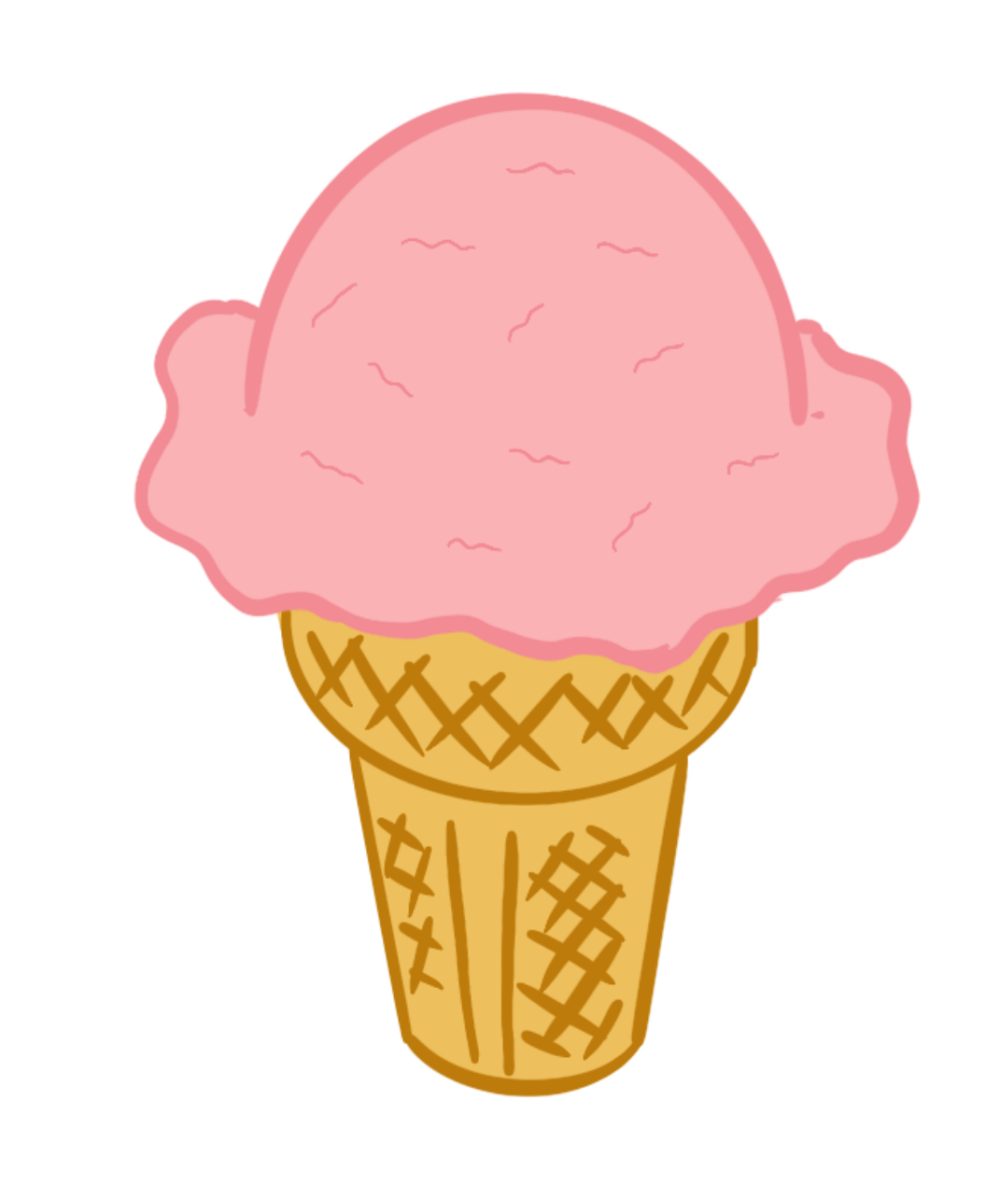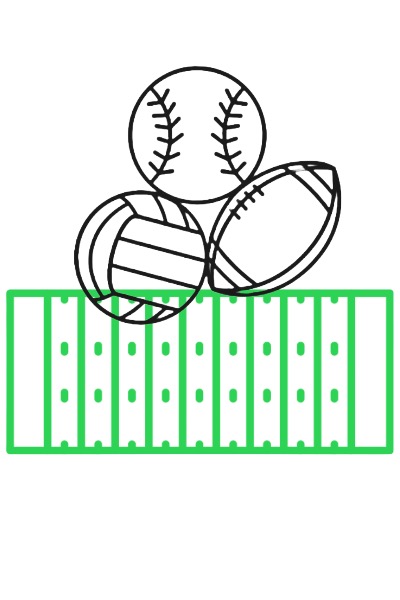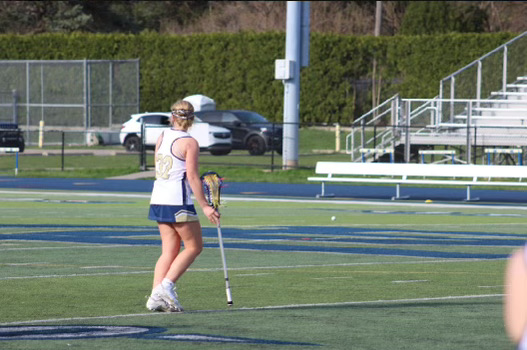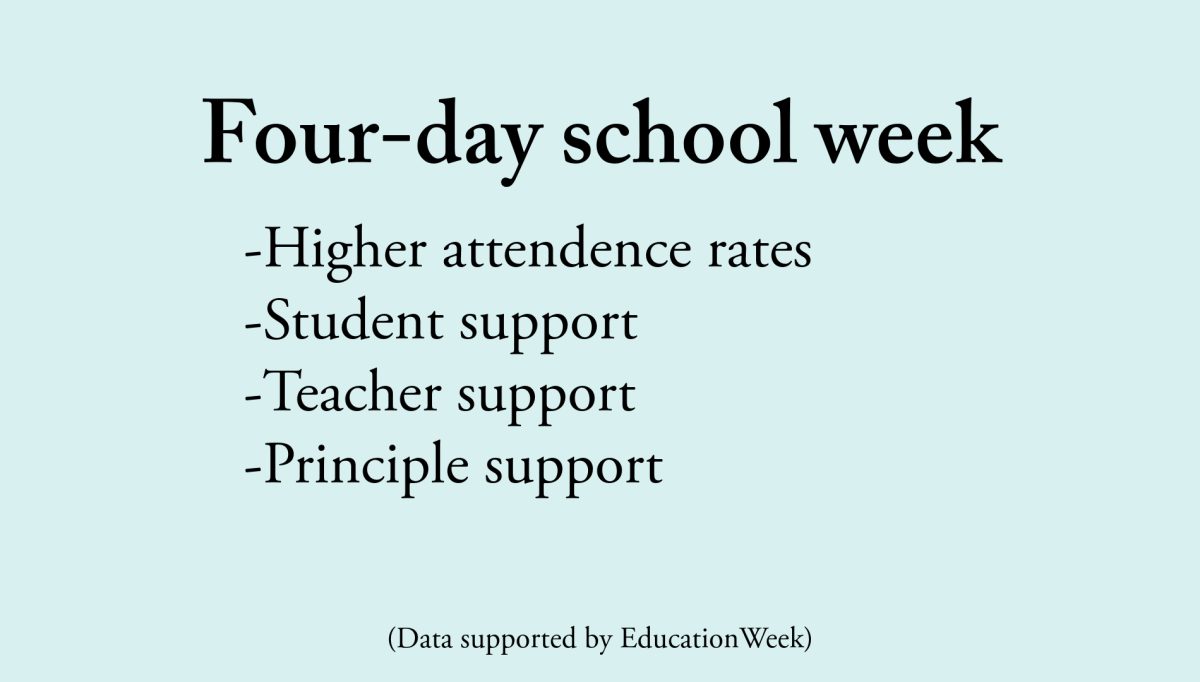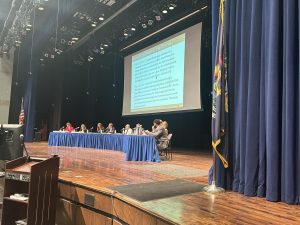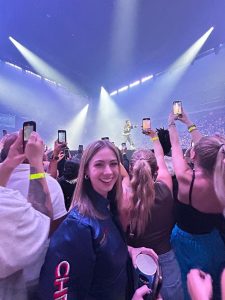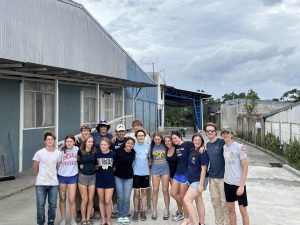The Tower Editorial Policy
The Tower Editorial Policy
Revised: July 2017
The Tower
The Tower is the student newspaper at Grosse Pointe South High School published weekly throughout the school year. It is a laboratory for journalism students designed to serve the total school community.
As a laboratory, the newspaper provides staff members with independent reporting opportunities and individual evaluation. Writing is based on a wide variety of research for a broad, and often critical audience. Staff members may explore and develop visual skills through photography, multimedia, social media, art and layout activities.
The primary audience for The Tower is the student body at Grosse Pointe South High School. However, the staff recognizes that the paper is read by the faculty, administrators, parents and the community as a whole. Accordingly, The Tower will report about these parties.
Business skills are learned through the need to sell advertising and newspapers to remain financially solvent. The experience demands responsibility, cooperation and teamwork.
The Tower provides readers with a forum, as students, faculty, administrators, parents and others in the school community are encouraged to react to printed material or to comment on matters of concern through signed letters to the editor.
Board of Education and Administrative Policy
To read full policy see board policy 5722 – STUDENT MEDIA, PUBLICATIONS, AND PRODUCTIONS
School-sponsored student media include print, oral, or electronic media that are created, composed, compiled, published, and/or distributed under the supervision of an advisor employed by the school system or appointed by the school system to supervise that particular medium.
Content in these media may reflect areas of student interest, including topics about which there may be dissent or controversy. The advisor will teach students the principles of good journalism and will offer advice to students on their content decisions before and after publication. Because these media are learning laboratories for students, student writers, editors, and producers will be the primary decision makers regarding content for school-sponsored media. However, the advisor will ensure that appropriate review procedures are in place before publication. The advisor may remove an article or item or cancel distribution of a school-sponsored student medium if it:
- is obscene as to minors according to current legal definition
- is libelous according to current legal definition
- creates a material or substantial disruption of the normal school activity or appropriate discipline in the operation of the school;
- is an invasion of privacy according to current legal definition;
- advertises drugs, drug paraphernalia, liquor, weapons as defined by the Student Code of Conduct, Policy 5772, or any products or services that would be illegal for use by minors; or
- erroneously attributes the views of the writer to the school or the District.
As a matter of routine, the principal or designated assistant principal shall not become involved in decisions regarding publication or distribution. However, the Board of Education recognizes that there may be situations in which the principal or designated assistant principal may involve himself/herself in such a decision. On these rare occasions, the principal or designated assistant principal shall be guided by the same guidelines identified above, and will meet with the advisor to discuss a plan of action.
School-sponsored media shall operate within these guidelines and any governing organizational policy shall be consistent with these guidelines.
Code of Ethics
Responsible exercise of freedom of expression involves adherence to the highest standards of journalism. Students are obligated to learn and observe the legal and ethical responsibilities expected of them as practicing journalists. Accuracy is paramount. All reporters and editors will assure that stories are fair, facts are correct and information is as complete, balanced and unbiased as possible.
Sources of information and ideas will be clearly stated. Since use of anonymous sources raises credibility problems for a publication, names will be withheld from publication only when there is no other way to obtain vital information and/or identification may subject a source to harm.
Unless writing an opinion piece, do not write stories about clubs, organizations, family members, or teams of which you are a member. Do not use friends as sources if other sources can be found.
The Tower will not publish material which attacks an individual or group in a way which might be embarrassing, except in stories dealing with public responsibility. In this case, the story will represent the person’s or group’s point of view.
No article, photograph or work of art will distort or sensationalize the news, but will present it in a manner appropriate to the topic and audience.
Innuendo will not be tolerated.
Rumor and gossip will be dealt with only when they raise an issue of concern to the school community and with the intent to clarify the truth.
In dealing with issue-oriented content, especially when it involves the potential for controversy, staff members must demonstrate sensitivity to all components of the school community. Also, reporting must be based on specific sources representing diverse points of view, be balanced, fair and represent a full understanding of the issues involved. Controversial topics, based on the need to inform the public, may be dealt with in The Tower. However, reader interest alone does not merit printing a story if it does not otherwise serve the audience.
Staff members are not to write about or photograph their friends, family members, or clubs/teams with which they are connected. A column would be an exception to this policy. Reporters cannot write about each other, the newspaper, the adviser, or members of other student publication staffs unless newsworthiness makes that coverage necessary.
Reporters and photographers will make genuine efforts to include sources and subjects for photographs who represent all parts of the Grosse Pointe population. Diversity includes, but is not limited to, ethnicity, age, gender, and social group. Staff will make a conscious effort to check for diversity after each issue.
Language should be appropriate to the audience encompassing the school community. A journalist does not use inappropriate words, although the use of such words may be considered in direct quotes when they are essential to the story. Here, hyphens will follow the initial letters of the word.
Responsibility for Accuracy
Most material appearing in print is the work of individuals. However, the staff as a whole is responsible for all material which appears in The Tower. Save recordings or notes. Make sure that you can back up any quotes in the case that a source challenges them.
The Tower must always strive for the highest standards of accuracy, completeness and careful research in its presentation of material. However, material will go to press with the facts as they stand at deadline. Therefore, the staff will assume responsibility for these facts as they are printed.
Reporters are to conduct face-to-face interviews. Phone interviewing should only be used for fact- checking or follow-up questions. Interviewing over the internet or writing out questions for interviewees to respond to in written form is also unacceptable and could result in removal from staff. Reporters are expected to record and take accurate notes and keep notes from all interviews throughout the year.
A correction for any significant error of fact or omission, as determined by the Editorial Board or adviser, will be promptly published in The Tower’s news brief column or on the editorial page.
Parties questioning Board decisions can ask for an opportunity to be placed on the agenda of an Editorial Board meeting.
Sources quoted in stories will, upon request, be presented a copy of their quotes for confirmation by the reporter assigned to the story. If a source demands that a quote placed on record be retracted, the Editorial Board will discuss the possible ramifications of printing the article and act accordingly, but is not obliged to comply with the source’s request.
Quotes and facts will always be checked. Punishment for inaccuracy will be directed at the reporter.
By-lines
All full-length news, sports, and feature stories, art pieces and photographs will be given by-lines. A by-line contains the reporter’s name, year of graduation and position on the staff.
Editorials
Editorials will be decided and assigned by the Editorial Board. Opinion columns will be assigned by the opinion editor with the advice and consent of the Editorial Board. Editorials, columns, and other opinion page content must be approved by the board before publication.
Majority rules on the Editorial Board, and a quorum of at least half the board must be present during any official vote. In the event of a tie or other situation when the Editorial Board is unable to reach a decision, the issue will be taken to the entire staff. Staff members not on the Editorial Board may participate in board meetings, but may not vote.
A writer who takes an editorial assignment will abide by the guidelines established, unless he or she can convince the board to change its position. Editorials need not be written by Editorial Board members. Editorials critical of a policy, action or view will provide practical suggestions for an alternative to the problem.
Staff members who disagree with an Editorial Board stand may write a dissenting opinion column.
Columns
Opinion columns and reviews will be given by-lines and a standing headline to indicate that the column represents an individual opinion.
Editorials, since they represent the opinion of The Tower staff as a whole, have no by-lines.
Personalized column heads will be awarded to exceptional columnists to help readers identify with column writing they find interesting. Column heads should be offered to writers who have demonstrated frequent high-quality column writing with a distinct sense of style. However, these should not be awarded to writers as motivation to begin writing at this level; the writer must have already demonstrated these two qualities.
Photos and Artwork
Photographs and artwork are a necessary part of The Tower. Assignments for photos and art are handled by the photo/art editor. All editorial cartoons will be submitted to the Editorial Board before publication. Each artist will sign a contract with the Editorial Board committing that their art will be clean and free of subliminal messages, innuendo or inside jokes.
Advertising
The purpose of advertising is to raise money for the paper. However, The Tower will not accept advertising which the Editorial Board determines to be obscene, libelous, misleading, in poor taste or illegal to minors.
Advertising for political candidates and controversial issues will not be accepted.
The Editorial Board has the final decision on advertising content.
The Editorial Board
The Editorial Board is the voice of The Tower. It will include the top editors, business manager and representatives elected by the staff. A board member may be removed by a majority vote of the remaining Editorial Board for missing two meetings in one month, a total of three meetings per semester, or for other disciplinary reasons. Upon removal of a board member, the staff will elect a replacement.
The Editorial Board, with the adviser, will recommend disciplinary action and review staffing problems. The final decision on these matters rests with the adviser.
If a demerit appeal is rejected by the adviser, a staff member may appeal again to the Editorial Board. It, in turn, will review the situation and adjust the demerits as it sees fit.
Should the adviser disagree with an opinion or decision reached by the board, they may request a re-evaluation with an explanation of his opinion, possibly including expert advice from outside the school. The adviser or board may take an issue to a meeting of the entire staff.
The adviser will prevent publication only when legal advice confirms that the staff may be in violation of one of the prohibitions stated in the section on “The Board of Education and Administrative Policy.”
The Editorial Board will determine the issue and stance for all editorials published as Tower Views, review all editorials due for publication, and may approve, order revisions of or withdraw an editorial from publication. Any material considered potentially controversial will be reviewed by the board.
Before the assignment of a controversial topic, the Editorial Board will meet to determine how the topic will be handled and the story developed. The board will decide if there is a genuine need to print the story, and will recommend how the story will represent opposing views. Upon completion of the story, the board will meet again to determine if the material is printable or if revisions are needed.
Letters to the Editor
The Tower will be a forum for the exchange of comment and criticism, open to students and others interested in Grosse Pointe South High School. Recognizing this, the Tower will print as many letters to the editor expressing different viewpoints as space allows.
Letters to the editor must be signed and may not exceed 300 words.
However, if the writer can prove to the Editorial Board the need to remain anonymous, and the board is convinced of both the validity and importance of the letter, the signature may be withheld. If the board finds no validation for withholding the name, the writer will be offered the option of withdrawing the letter.
Letters must deal with issues and may not be personal vendettas.
Letters to the editor will be edited for mechanics, to fit space requirements, and in rare cases, to prevent libel, obscenity, etc. The Tower reserves the right not to print a letter.
Editorial Criticism
The Tower respects the right of an individual or group to criticize content or an opinion expressed in the newspaper, and is obliged to consider the argument. However, the staff will not be disciplined unless at least one aspect of the Editorial Policy has been violated.
Social Media Policy
Social media will be used to promote The Tower, to promote published content and to engage the GPS community. The editorial board reserves the right to remove comments that violate any provisions hitherto outlined by this policy. Information posted on social media platforms should be held to the same standard as all other reporting in terms of information gathering and fact checking.
The official social media accounts should avoid promotion of events and remain objective, reporting what is fact.
Transparency is important. Mistakes made on social media posts should be corrected as soon as possible and any deleted posts should be acknowledged in subsequent postings.
Online Put-Up Policy and Take Down
Tower will confirm information to be used for accuracy, context, perspective, truth and coherence. We will also determine whether sources used are credible and representative of diverse and knowledgeable viewpoints. Pulse will clearly attribute all information as needed for clarity and authority. Editors have the right take down recent or archived content with discretion and will remain transparent with the reader.
Online Comments
Online comments will require a name and email address submitted that are verifiable. Online comments will be reviewed before they post. Online comments that are found in violation of the editorial policy will be removed as quickly as possible. Personal attacks are not allowed. Spam will not be posted.
Death Policy
Any current student, staff member, faculty member or building administrator that dies during the year will be recognized in the school media. The media will publish factual information (date of birth, date of death, organizations, hobbies, interests) in a 150 to 300 word obituary including one mug shot if possible.
The school media will work to obtain permission from the deceased’s family before publishing any information. The school media will treat all deaths in a tasteful, respectful way. Suicide will not be listed as a cause of death. An issue, or portion of an issue, should not be dedicated to or in memory of the deceased.

